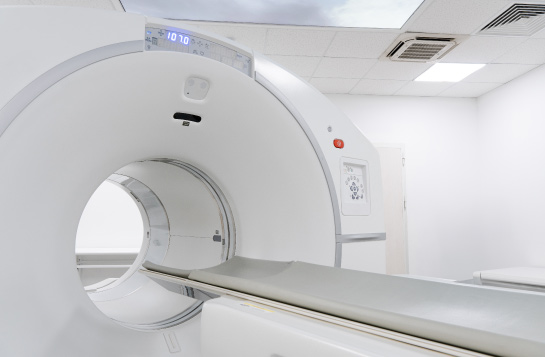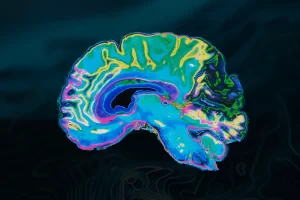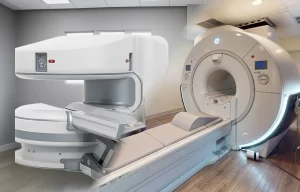Computed tomography, commonly a CT scan, is a highly beneficial medical diagnostic tool. Its advanced imaging technology allows for the visualization of internal organs and structures that would not be visible to the naked eye. Its versatility and non-invasive nature make it a valuable tool in diagnosing various diseases, such as cancer, heart disease, emphysema, liver masses, bleeding, and more.
Cancer Diagnosis and Detailed Imaging:
One of the remarkable advantages of a CT scan is its ability to detect cancer and provide more detailed information compared to conventional X-rays. Using contrast agents in CT scans enhances the visibility of specific tissues and lesions, aiding radiologists in better interpreting the images. Cancer cells absorb the contrast, appearing white on the scan, making the identification of tumors and their surrounding tissues more precise.
While the benefits of a CT scan are evident, it is essential to consider the associated risks, particularly exposure to radiation. It is advisable to steer clear of CT scans while pregnant due to the increased radiation exposure compared to X-rays. However, the medical benefits of accurate diagnosis often outweigh the potential risks, especially when dealing with severe conditions like cancer.
Heart Disease Screening:
CT scans serve as essential screening tests for heart disease, allowing the detection of plaques in coronary arteries. These scans can accurately determine the presence of coronary artery disease and provide valuable insights to help make informed treatment decisions. The process is quite fast, and individuals can continue their usual routine after completing the scan.
Emphysema Diagnosis and Lung Imaging:
In diagnosing and monitoring emphysema, CT scans have become increasingly valuable. Emphysema, characterized by the permanent enlargement of airspaces and destruction of lung alveolar walls, can be non-invasively assessed through CT scans. The technology enables the identification of abnormal lung volumes, aiding in diagnosing and managing this condition.
Liver Mass Identification:
CT scans play a crucial role in identifying liver masses and abnormalities. Contrast agents, such as Mn-DPDP, enhance the detection of liver abnormalities, although they may not always identify malignant hepatic lesions. Nevertheless, CT scans offer detailed imaging of liver cancer and can help evaluate the biliary tract, assisting in performing biopsies.
Bleeding Assessment:
For patients with bleeding, CT scans are invaluable in determining the precise location of the bleeding and providing vital diagnostic information. These scans aid in diagnosing and excluding certain medi
conditions, defining postoperative bowel anatomy, evaluating vascular diseases, and identifying enteric tract pathology.
Painless and Fast Diagnosis:
CT scans offer a fast and painless way to diagnose various illnesses and conditions. They provide detailed images of different tissue types, allowing radiologists to accurately detect internal injuries, bleeding, and abnormalities. Compared to other imaging methods, CT scans are particularly effective in visualizing tissues and organs in great detail.
Non-Invasive and Cost-Effective:
The non-invasive nature of CT scans makes them an attractive option for diagnosing a wide range of medical conditions. They provide detailed images of bones, soft tissues, and blood vessels and are cost-effective compared to imaging modalities like MRI.
Enhanced Emergency Room Workflow:
In emergencies, the speed and accuracy of a CT scan can be lifesaving. This technology facilitates rapid diagnosis, enabling doctors to quickly identify injuries, internal bleeding, blood clots, and other critical conditions. By improving workflow in the emergency room, CT scans contribute to faster diagnoses and more effective treatment options.
Before undergoing a CT scan, you must communicate with your healthcare provider about any medications, allergies, or medical conditions you may have. Although CT scans benefit diagnosis, evaluating the patient’s condition thoroughly is essential to ensure the procedure is performed safely and efficiently. Overall, the advantages of a CT scan make it an indispensable tool in modern medical practice, aiding in accurate diagnoses, effective treatment planning, and improved patient outcomes.




